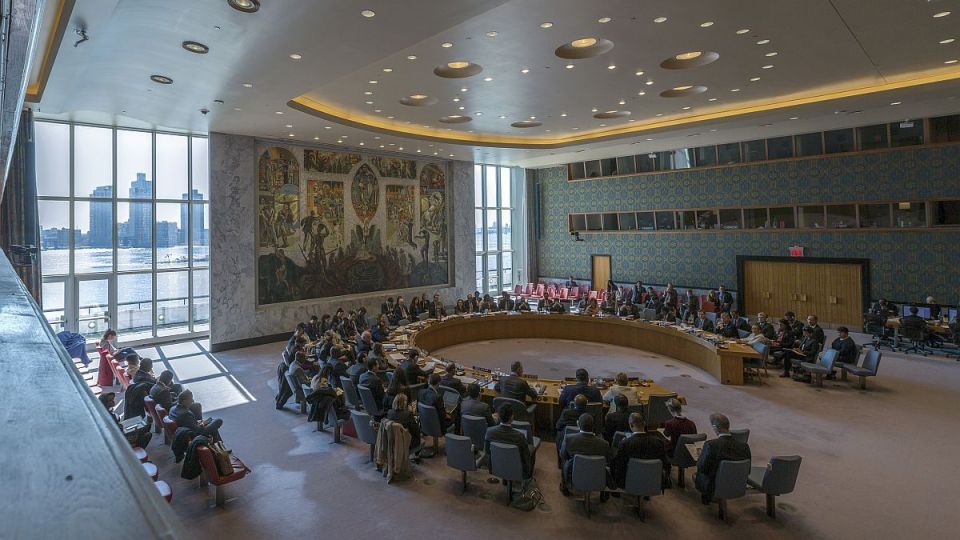January 24, 2020
The ICJ order Global rights bodies urge international community to press Myanmar to comply with the issued order to protect Rohingyas in Rakhine from the acts of possible genocide.
Global human rights bodies have called for the international community to press Myanmar to comply with the order issued by the International Court of Justice (ICJ) to protect Rohingyas in Rakhine from the acts of possible genocide.
They also called on corporations to end any business relationships with companies owned or controlled by the Myanmar army, saying that there can no longer be “business as usual” with the perpetrators of genocide if the Myanmar government fails to comply with the ICJ order.
“The ICJ order to Myanmar to take concrete steps to prevent the genocide of Rohingyas is a landmark step to stop further atrocities against one of the world’s most persecuted people,” said Param-Preet Singh, associate international justice director at Human Rights Watch.
“The governments and UN bodies concerned should now weigh in to ensure that the order is enforced as the genocide case moves forward,” she said in a statement.
The ICJ at the Hague, Netherlands, has also ordered Myanmar to stop the crimes against Rohingyas and prevent the military or paramilitary forces from making a physical and mental harm of the ethnic minorities. It also ordered Myanmar to report on its implementation of the order in four months, and then every six months afterwards.
The order comes after The Gambia filed a case in November accusing Myanmar of violating UN Genocide Convention. Some 750,000 Rohingyas fled brutal military campaign in Rakhine to Bangladesh. An estimated 600,000 Rohingyas remain in Rakhine, but continue to face serious rights violations.
The HRW said the ICJ order does not prejudge the question of the court’s jurisdiction to deal with the merits of the case, the case’s admissibility before the court, or the merits of The Gambia’s allegation that Myanmar has violated provisions of the Genocide Convention. A case before the ICJ can take years to reach a resolution.
The ICJ provisional measures order is legally binding on the parties. The court’s provisional measures orders are automatically sent to the UN Security Council. Therefore, such an order will increase pressure on the council to take concrete action in Myanmar, HRW said.
For example, the Security Council could pass a resolution directing Myanmar to lift restrictions on Rohingya’s freedom of movement, eliminate unnecessary restrictions on humanitarian access to Rakhine State, repeal discriminatory laws, and ban practices that limit Rohingya access to education, healthcare, and livelihoods.
Thus far, the Security Council has not taken (significant) action on Myanmar, in part because of Russia and China’s apparent willingness to use their vetoes to shield the Myanmar’s government and military, HRW said.
“The ICJ order brings increased scrutiny of Myanmar’s horrific brutality against Rohingyas and raises the political cost of the UN Security Council’s weak response to the crisis so far,” Singh said.
“China and Russia should stop blocking the Security Council from taking action to protect Rohingyas.”
The HRW said the UN Human Rights Council and the UN General Assembly could pass resolutions calling on Myanmar to comply with its terms. This could spur other countries to take action against Myanmar.
“The Myanmar government cannot hide behind its powerful friends or the banner of sovereignty to escape its responsibilities under the Genocide Convention.”
“This is a major victory for Rohingyas everywhere,” said Matthew Smith, chief executive officer of Fortify Rights.
Fortify Rights encouraged members of the Myanmar military, state security forces, and the government to come forward with additional evidence of crimes against Rohingyas and others that could be used at the ICJ and in international prosecutions.
“It is now imperative that the international community apply sufficient pressure on Myanmar to comply with the International Court of Justice’s rulings and end its genocide of Rohingyas,” stated Simon Billenness, executive director of the International Campaign for the Rohingya and campaign director of No Business With Genocide.
“We urge governments to impose tough sanctions on the Myanmar military and its business empire. We further call on corporations to end any business relationships with companies owned or controlled by the Burmese [Myanmar] army. There can be no longer be “business as usual” with the perpetrators of genocide.”
The Asia Justice Coalition has urged members of the international community to unequivocally support the pursuit of justice for Rohingyas, and to impress upon Myanmar the legal obligation to comply with the order of the court.


